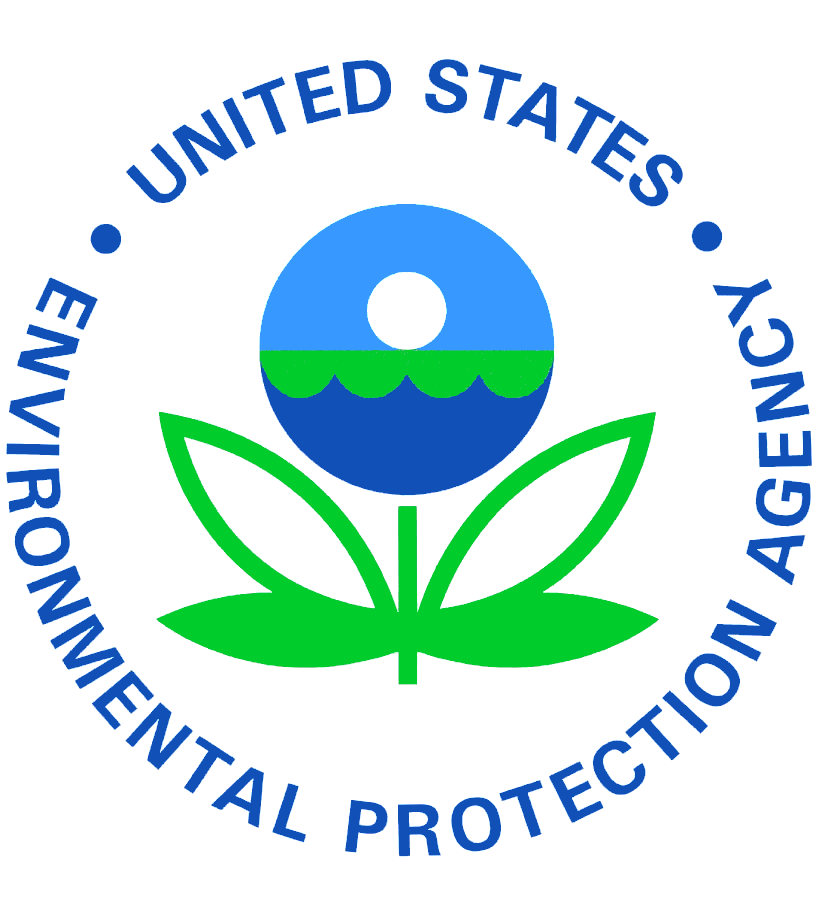Energy
Conservatives Challenge Trump’s EPA, Say Coal Plant Rule Is Illegal

Environmental_Protection_Agency | By U.S. Government (U.S. Government) [Public domain], via Wikimedia Commons
The Environmental Protection Agency’s finalized plan to repeal and replace the Clean Power Plan (CPP) received widespread praise from the right, but one conservative group says the less-stringent replacement rule is still illegal.
EPA expected opposition and even legal action from environmentalists and Democratic-led states, but Competitive Enterprise Institute’s (CEI) criticism of the Affordable Clean Energy (ACE) rule likely caught officials by surprise.
CEI supported the CPP’s repeal and argued ACE is a massive improvement on the Obama-era rule, but the group said it still violates a provision of the Clean Air Act that excludes EPA from putting greenhouse gas regulations on coal and natural gas power plants.
“The issue brought up in our comments and that was prominent in the original litigation is that the Clean Air Act states that stationary sources regulated under 112 cannot be regulated under 111,” Myron Ebell, CEI’s director of energy and environment policy, told The Daily Caller News Foundation.
“The mercury rule regulates power plants under 112,” said Ebell, who served on the Trump transition team for EPA. “Therefore, these plants cannot be regulated under 111.”
EPA finalized the ACE rule Wednesday, which only asks states to make efficiency improvements at existing fossil fuel power plants to cut greenhouse gas emissions. ACE replaces the CPP, which was the centerpiece of former President Barack Obama’s climate change agenda.
Ebell told TheDCNF that CEI was still considering whether or not to file suit against EPA. Should that happen, it would be CEI’s first suit against the Trump administration.
CEI joined other conservative groups in pointing out problems with EPA’s CPP replacement in regulatory comments filed in 2018. Those groups supported the CPP’s repeal, but argued any replacement regulation would violate the Clean Air Act.
Conservative groups argued that Section 111(d) of the Clean Air Act excludes emitting sources — in this case, power plants — already regulated under Section 112.
“The CPP is unlawful under the very provision that purportedly authorizes it. Any CPP replacement rule would be unlawful for the same reason,” the conservative groups wrote.
Likewise, a group of 20 Republican state attorneys general argued in regulatory comments that Section 111(d) exclusion was one reason “the U.S. Supreme Court took the unprecedented step of staying implementation of the Power Plan pending judicial review.”
CEI senior fellow Marlo Lewis wrote Thursday there’s “a strong case can be made that the EPA is legally required to repeal the Clean Power Plan without replacing it” based on Section 111(d) exclusion.
Republicans, industry groups, unions and conservative groups came out in support of ACE. West Virginia Attorney General Patrick Morrisey also supports ACE, despite joining other GOP attorneys general in expressing concern over Section 111(d) exclusion.
“Just one more win for all the Americans who live and work in communities where affordable, homegrown American energy sources like coal still matter a lot,” Senate Majority Leader Mitch McConnell said in a statement.
The EPA did not respond to TheDCNF’s request for comment.
All content created by the Daily Caller News Foundation, an independent and nonpartisan newswire service, is available without charge to any legitimate news publisher that can provide a large audience. All republished articles must include our logo, our reporter’s byline and their DCNF affiliation. For any questions about our guidelines or partnering with us, please contact licensing@dailycallernewsfoundation.org.

